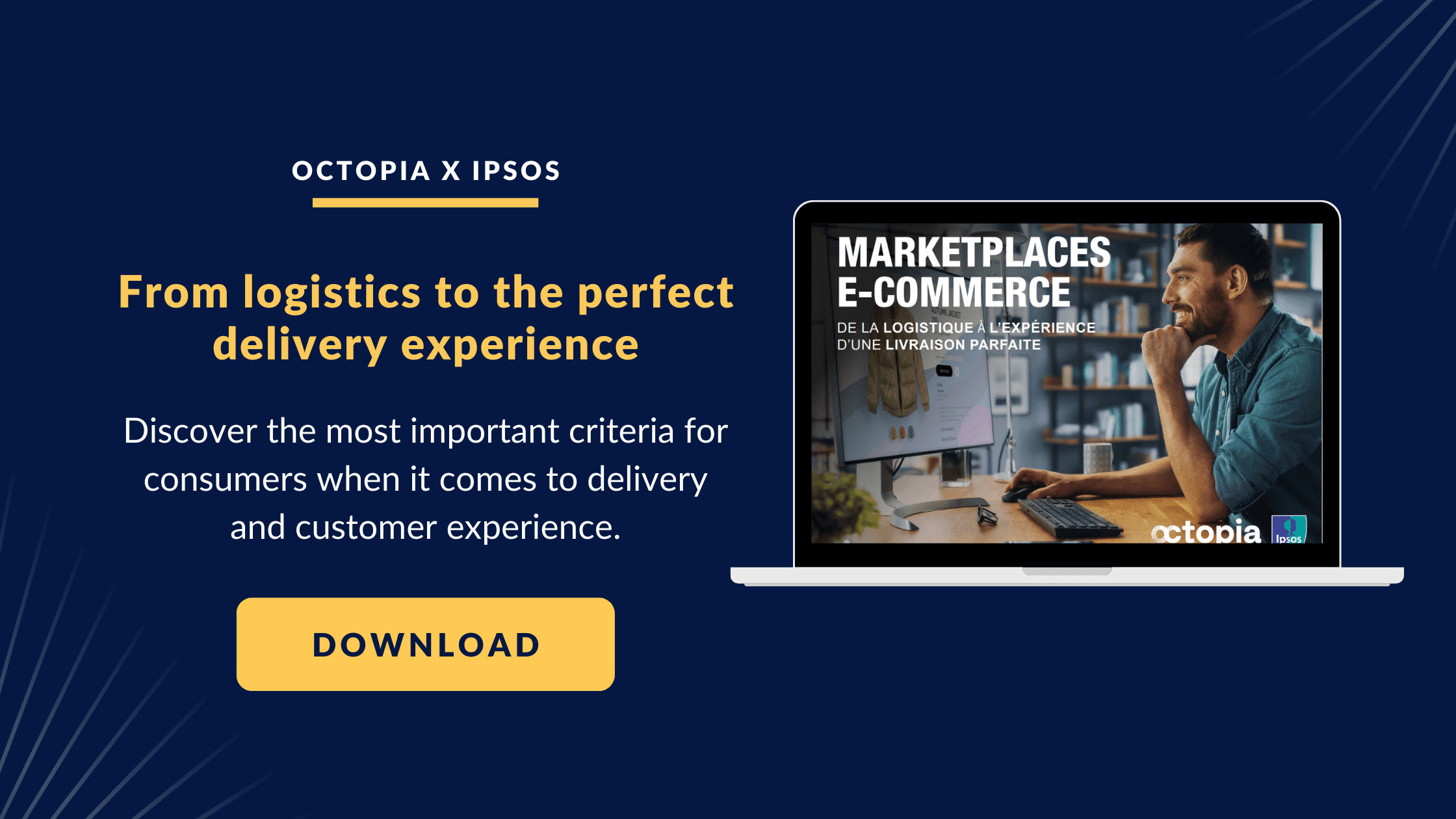What is fulfillment?
In e-commerce, fulfillment refers to the steps taken by a seller (or vendor, merchant) after an order has been placed by a customer, to complete the transaction and satisfy that customer.
Where physical products are concerned, it includes the picking, packing, and delivery of those products. But also tracking orders, handling returns and providing customer support.
More and more, sellers are viewing good fulfilment as a differentiator – rather than a necessary evil – with 85% of online shoppers saying that they would not make a repeat purchase after a bad delivery experience.
What fulfillment options do sellers have?
Sellers have two basic options: to carry out fulfillment activities themselves; or to work with a fulfillment specialist.
By choosing to handle fulfillment themselves, sellers retain control of this part of the value chain. But they will often face increased costs compared to outsourcing the activity to a specialist. And they may not achieve the same standards of quality and reliability. These costs include:
- Storage of the merchandise
- Parcels and filling materials
- Labelling and printing
- First mile transport and onward transportation fees to the final customer
- Labour for all the above activities
If a seller decides to partner with a fulfillment specialist, they will deliver stock to one or more of the fulfillment providers’ warehouses. From that point on, whenever customer orders are placed, the fulfillment provider takes over. They pick, pack, ship and then track the products, ensuring on time delivery, and handle returns.
Why work with a fulfillment partner?
Cost. Fulfillment companies partner with large numbers of small businesses. They therefore have access to state-of-the-art warehouses and large transport contracts, usually available only to the biggest companies. We calculate that sellers can save up to 50% on their logistics costs by working with a fulfillment provider rather than, for instance, using their local postal service.
Choice and reliability. Fulfillment providers will constantly negotiate with transporters on behalf of sellers, to expand the shipping methods available. This might include standard, express, pick-up point, bulky products, international deliveries and more. A good fulfillment partner will also closely monitor their service quality, in order to keep delivery performance well above 95% of orders delivered ‘on time, in full’.
Growth and international expansion. What if a seller’s business starts small and soon the number of orders doubles in size every month? Maybe there’s a sudden surge in demand in another country. A fulfillment partner will not only absorb the increase in volumes, but will probably offer cheaper rates. And they will be able to provide the same service from warehouses in multiple countries, while advising on logistics in the new market.
What to look for in a fulfillment provider?
Make sure they know how to handle your products. Certain providers are specialized in small products like mobile phones, but might have less experience handling bulky items like furniture, delicate items, foods, or cosmetics.
Make sure your fulfillment partner is compatible with the websites on which you sell. Do they use ‘white label’ or non-branded parcels? Do they make the necessary track and trace information available?
Try out their tools. Fulfilment providers should have easy to use tech solutions which allow you to manage your stock and orders. They should be able to connect to your sales channels, or your order / content management systems so that order processing happens automatically.
Speak to their people. Try to get a sense of how well they will accompany your growth. Fulfillment providers often have great tech solutions, but do they have logistics experts on hand to advise you as your needs change or to troubleshoot if things don’t go to plan?
Finally, you may wish to check the environmental credentials of your fulfillment provider. Many have made commitments to reduce emissions and have put in place initiatives like 3D packaging, or reforestation. Pick a partner whose values reflect those of your business, and which reassure your end customers.
How much does it all cost?
Fulfillment providers will usually have a simple pricing model where sellers pay to store the merchandise, and then for each delivery shipped. Extra services like returns and warehouse transfers are typically available for an additional fee. Sellers should be wary of providers with large hidden costs. A few providers, like Octopia Fulfillment, have no subscription fees or minimum volume requirement. This helps sellers of any size test the service before committing.
About Octopia Fulfillment
Octopia Fulfillment works with hundreds of sellers from all over the world to handle their fulfillment and help them grow. Our teams have over 10 years’ experience in marketplace fulfillment and ecommerce logistics. Click here to discuss your business needs with one of our specialists.
